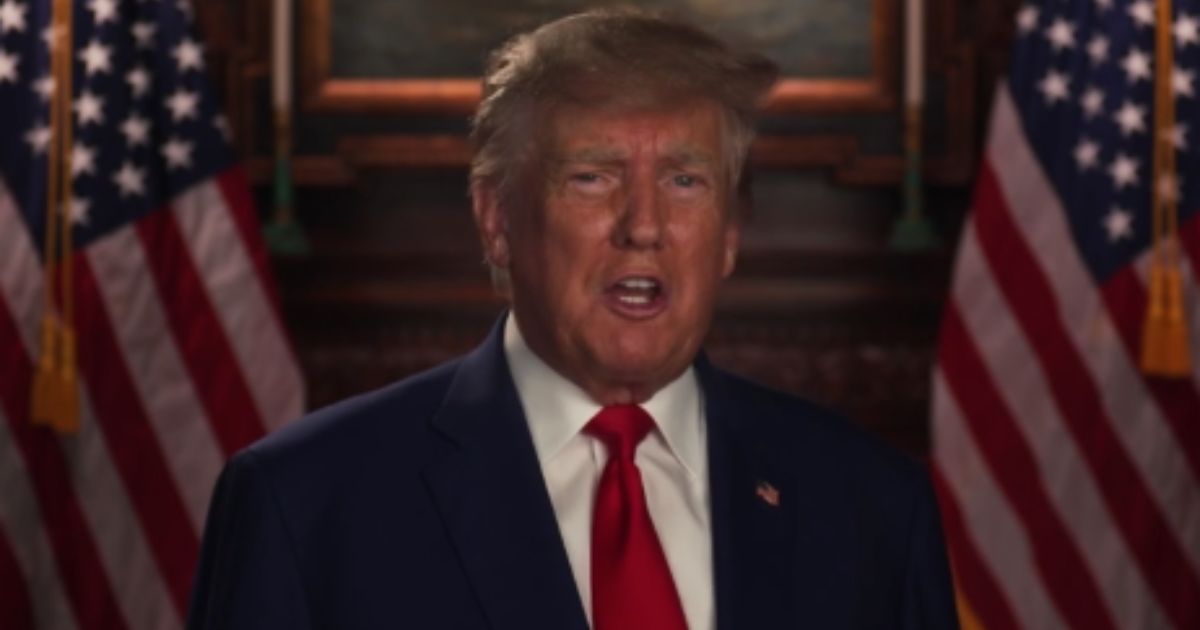Trump criticizes Zelenskyy over mineral deal negotiations
President Donald Trump and Ukrainian President Volodymyr Zelenskyy's relationship faces new tensions over a critical minerals agreement.
According to Fox News, Trump issued a stern warning to Zelenskyy during remarks aboard Air Force One on Sunday, stating that any attempt to back out of their rare earth minerals deal would result in "big, big problems" for Ukraine.
Trump's comments came after Zelenskyy expressed interest in renegotiating the terms of the agreement, which was meant to be signed during a recent White House visit.
The meeting ended abruptly without a deal, marking a significant setback in U.S.-Ukraine relations. Trump also dismissed Zelenskyy's NATO membership aspirations, asserting that Ukraine was never going to join the alliance.
Mineral Deal Negotiations Turn Contentious
The rare earth minerals agreement has become a focal point of diplomatic tensions between the two nations. Last month, Zelenskyy had publicly stated Ukraine's readiness to sign the agreement, viewing it as a crucial step toward enhanced security guarantees with the United States. The failed White House meeting has now cast doubt on the future of this strategic partnership.
Trump's administration has positioned the rare earth minerals deal as a key component of U.S. economic interests. The president's strong reaction to Zelenskyy's apparent hesitation reflects the deal's significance in Trump's broader economic strategy. The agreement would potentially secure American access to valuable mineral resources while strengthening bilateral ties.
Diplomatic relations between the two countries have grown increasingly complex as Ukraine continues to navigate its position between Western allies and Russian interests. The mineral deal's uncertainty adds another layer of complexity to an already intricate international relationship.
Russia Ceasefire Negotiations Progress
Trump spoke candidly about ongoing ceasefire negotiations between Ukraine and Russia. Despite expressing displeasure with some of Putin's recent statements about Zelenskyy's credibility, Trump maintained optimism about the Russian leader's commitment to the process. He emphasized his pragmatic approach to international relations, stating that deals must sometimes be made regardless of personal feelings.
Trump's statements regarding Putin demonstrated his nuanced stance on Russian relations. He indicated that secondary tariffs, which have proven effective against Venezuela, would not be applied to Russia. This decision suggests a strategic approach to maintaining diplomatic channels with Moscow while pursuing ceasefire objectives.
The administration's handling of the situation reflects a delicate balance between maintaining pressure on Russia while avoiding actions that might derail ongoing peace negotiations. Trump's team continues to work on facilitating dialogue between the conflicting parties.
Trump Addresses Third Term Speculation
During the Air Force One exchange, Trump responded to questions about his earlier comments regarding a potential third term:
I don't want to talk about it. I don't want to talk about a third term now. We have a long time. We have almost four years to go.
The president's remarks came after he had earlier claimed he was "not joking" about seeking a third term, though he later downplayed these comments during the press gaggle. Trump maintained his position that the 2020 election was "totally rigged" but stated he would not pursue credit for a third attempt at the presidency.
Global Trade Strategy Takes Shape
Trump outlined his administration's broader approach to international trade policies. The president announced plans to implement widespread tariffs across multiple countries, citing historical trade imbalances, particularly with Asian nations.
His administration's strategy appears focused on leveraging America's economic influence to secure more favorable trade terms.
The implementation of secondary tariffs has already shown a significant impact, particularly in Venezuela, where Trump claimed ships abandoned their positions to avoid penalties. This aggressive approach to trade policy demonstrates the administration's willingness to use economic pressure to achieve political objectives.
Final Analysis and Future Implications
The ongoing dispute over the rare earth minerals deal represents a critical juncture in U.S.-Ukraine relations under Trump's presidency. The president's stark warning to Zelenskyy highlights the high stakes involved in this strategic agreement, while simultaneously demonstrating the complex dynamics of international diplomacy.
The situation continues to evolve as multiple factors intersect: Ukraine's economic interests, Russia's influence in the region, and America's strategic objectives.
Trump's administration maintains its focus on securing favorable trade deals while managing delicate diplomatic relationships with allies and adversaries in Eastern Europe.





